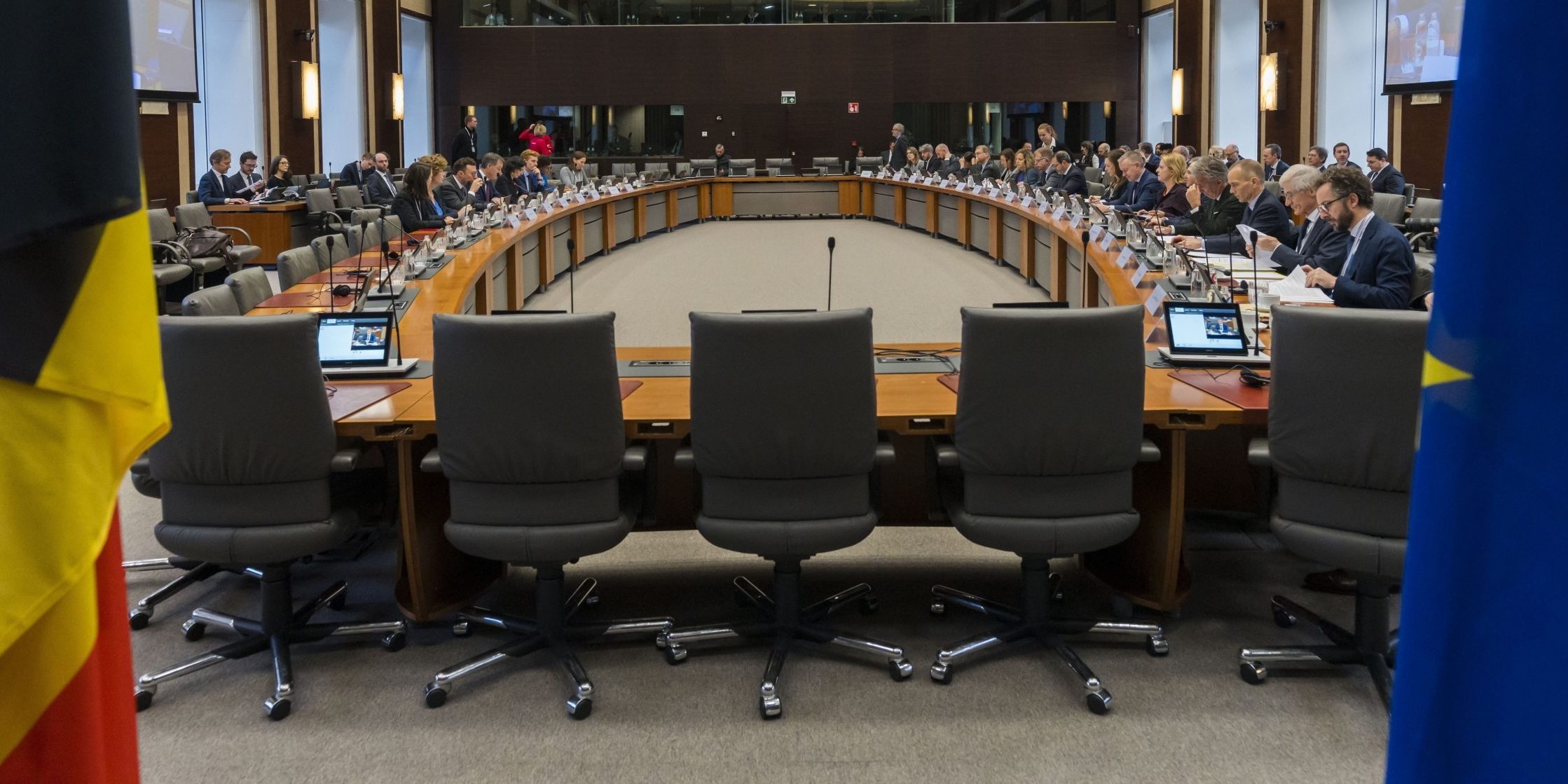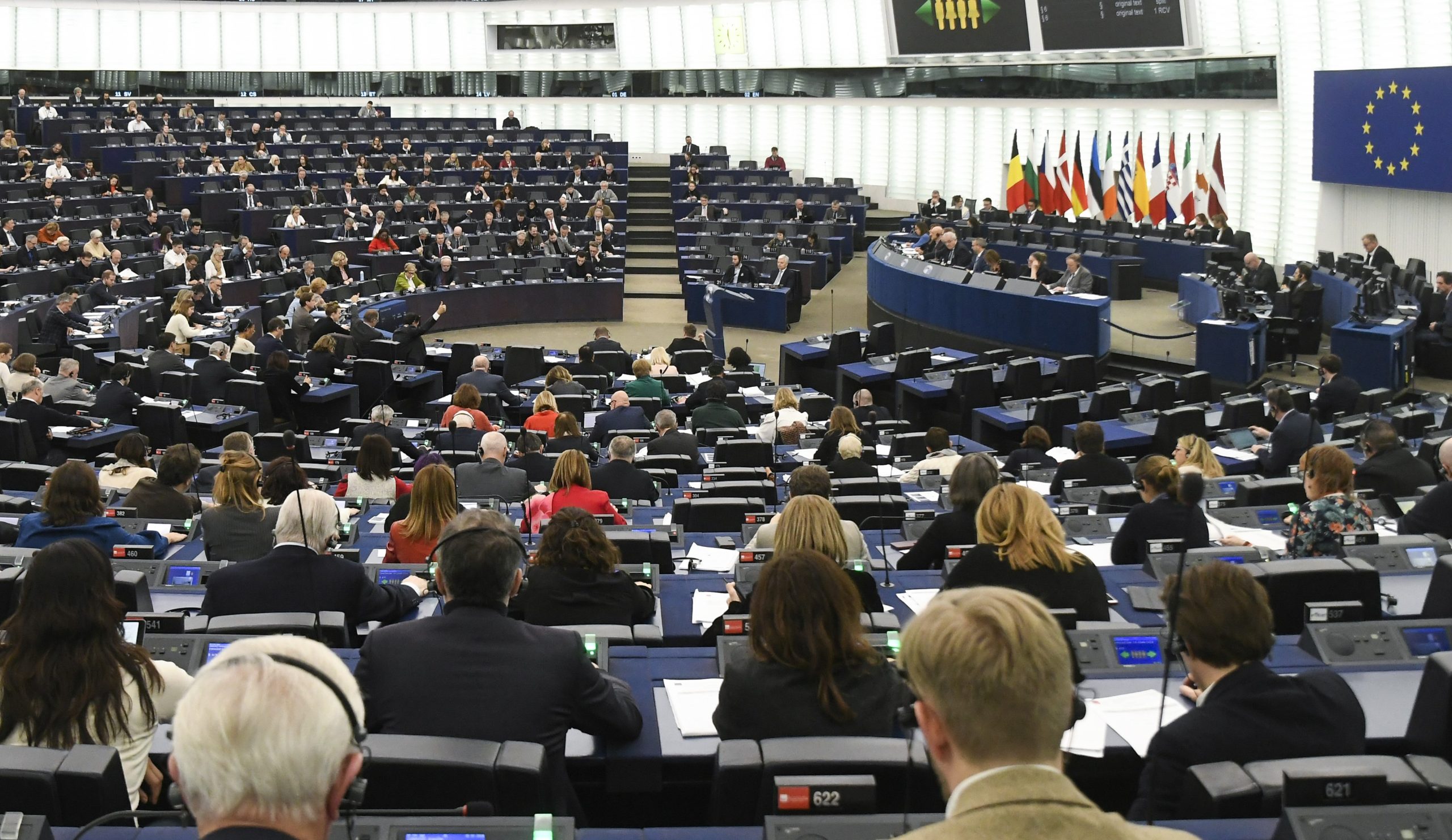
Challenges to rogue corporations must continue
Amazon case should set the standard.

Last week’s decision to revoke the badges of Amazon lobbyists is a welcome decision from the European Parliament, after the employment committee’s decisive calls against the failure of the multinational to provide availability, transparency or any good faith with MEPs.
Not only does this move ensure accountability for companies who fail to show an iota of the respect such elected officials (and European citizens) deserve, but it also sends the message that no matter how big the company may be, standards set by the European Union supersede them.
While not precedent setting (as Monsanto lobbyists received similar punishment in 2017), the timing of action against Amazon represents the sole victory for workers against exploitative businesses and their practices in the last number of weeks. Since the Parliament’s employment committee initiated proceedings against Amazon lobbyists, Member States (in particular France and Germany) have failed to protect workers through their torpedoing of the Corporate Sustainability and Due Diligence Directive, Platform Workers Directive and the watering down of the Combating Violence Against Women and Domestic Violence Directive, along with the AI Act.
In October 2022 Uber whistleblower Mark MacGann told the EMPL committee decried the role some companies have in our democratic processes, stating that “giving disproportionate power in legislation to tech platforms risk shattering our social justice”. Despite receiving a royal welcome as he outlined how Uber sold a lie to workers that they would be able to make a decent living, spied on those who sought to unionise, paid academics to skew data to support their positions and had unprecedented access to politicians in Member States, the main premise of Mr MacGann’s intervention – changing the system to root out exploitative business models – the EU has not taken sufficient action to do so.
The prevalence of malpractice in Amazon has been highlighted on many occasions by Chris Smalls, President of the Amazon Labour Union, with the union simply asking for “better pay, better benefits, and better working conditions” with “Amazon workers [knowing that] the only way we’re going to pressure the company into treating us with respect is by uniting under one banner and exercising our right to come together as an independent union”. In the next few years 1 out of every 4 Americans will have worked or work for Amazon or is subsidiaries, despite the growing global movement (including the Amazon Workers International Union and Make Amazon Pay campaign), earmarking why the threat their practices pose must be counteracted.
Having Amazon lobbyists banned from the European Parliament is a move in the right direction, but until MEPs and national governments begin addressing the business interests these individuals have successful advocated to maintain, we won’t see tangible change that helps European workers.
